
During pregnancy, there are several checkpoints to determine (as far as possible) whether the fetus will develop a disease. At NIMGenetics we want to be there for you during this stage.
The combined first trimester screening is focused, fundamentally, on Down Syndrome (trisomy 21). This test involves a biochemical analysis and an ultrasound scan (in some cases, two). The result of this process indicates the risk of the baby being born with a genetic syndrome. When this risk exceeds a certain threshold, an invasive test (amniocentesis or chorionic villus sampling) may be considered. These tests are fully confirmatory, but carry a risk of miscarriage. Today, pregnant women have a new tool available to them in the form of TrisoNIM®, the maternal blood fetal DNA test that can safely provide genetic information about the baby.
This is a screening test with a near-100% sensitivity for trisomies 21, 13 and 18. Therefore, these conditions can be ruled out with a very similar reliability to invasive tests, but without any risk to mum or baby. Geared towards a global genetic approach, TrisoNIM® assesses the risk of the baby being a carrier of aneuploidies in the other chromosomes, while also determining the fetal sex by analysing the sex chromosomes. Furthermore, the different types of TrisoNIM® test allow other regions of the genome to be analysed and reported on, including microdeletion syndromes and dominant monogenic disorders.
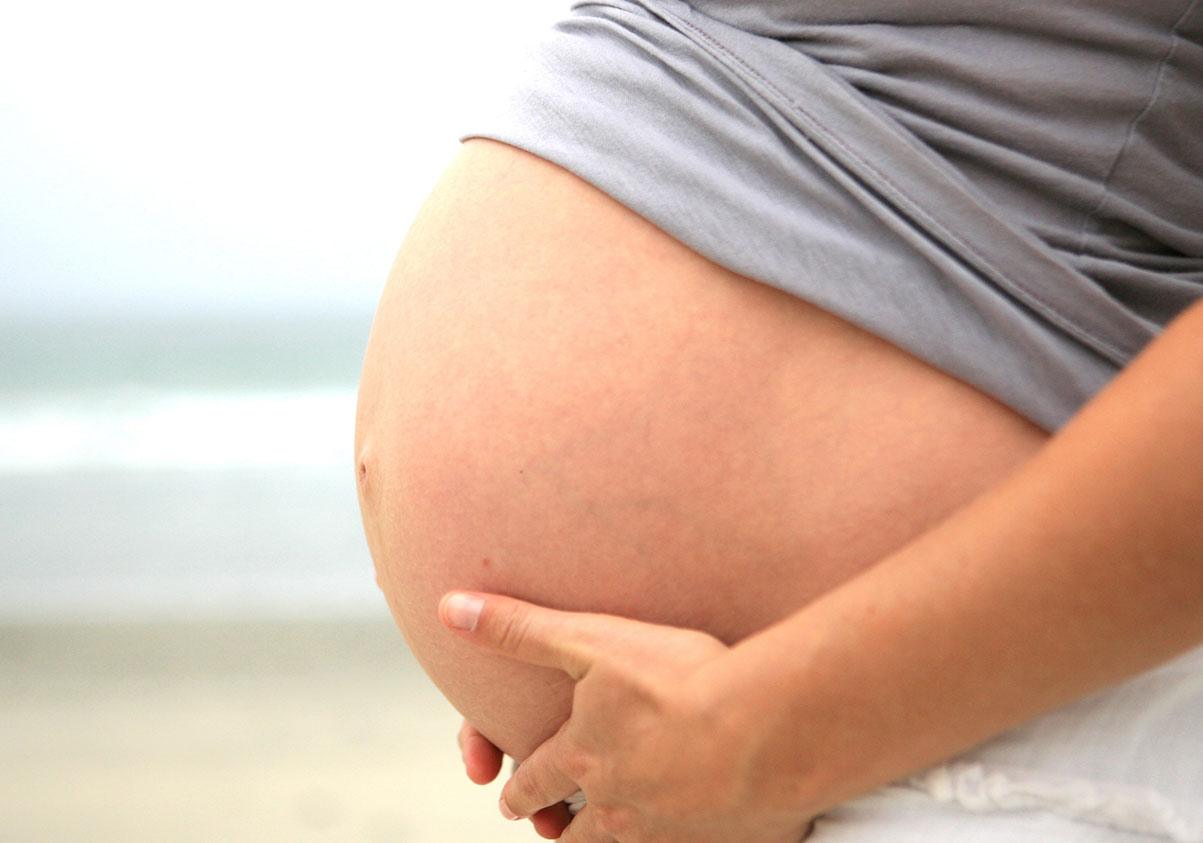
Prenatal genetic tests
Non-invasive prenatal screening tests
We want to support you on the most important journey of your life.
To order a TrisoNIM® it is imperative to have a medical prescription. Ask your gynecologist to inform you in detail. Check here to know about the process. If you do not have an assigned professional, contact us.
The following table explains the characteristics and prices of the different types of TrisoNIM fetal DNA tests.
TrisoNIM® |
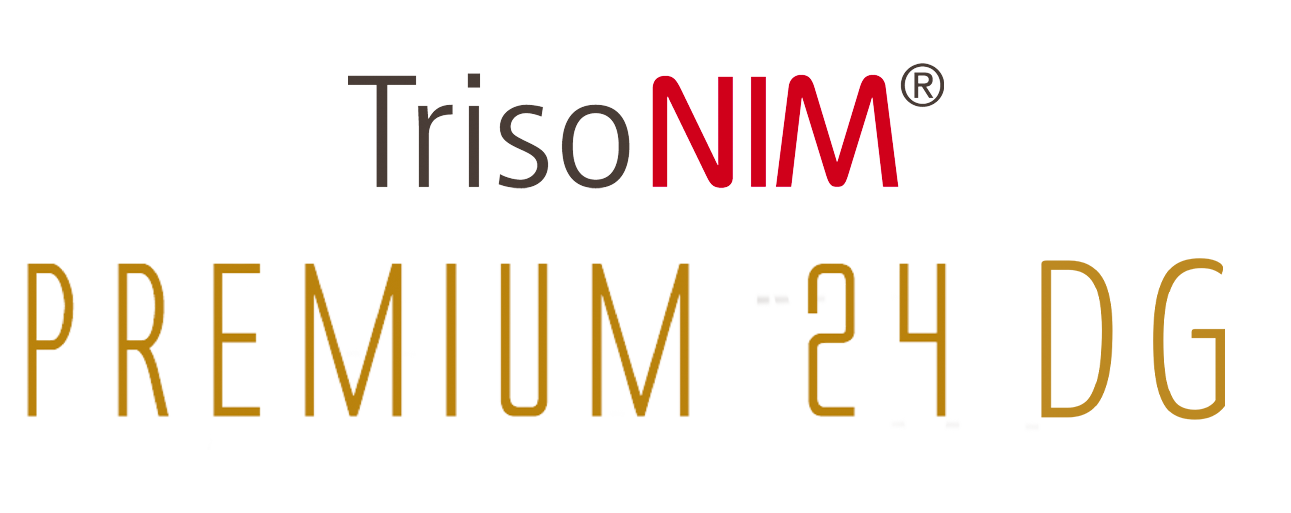
|
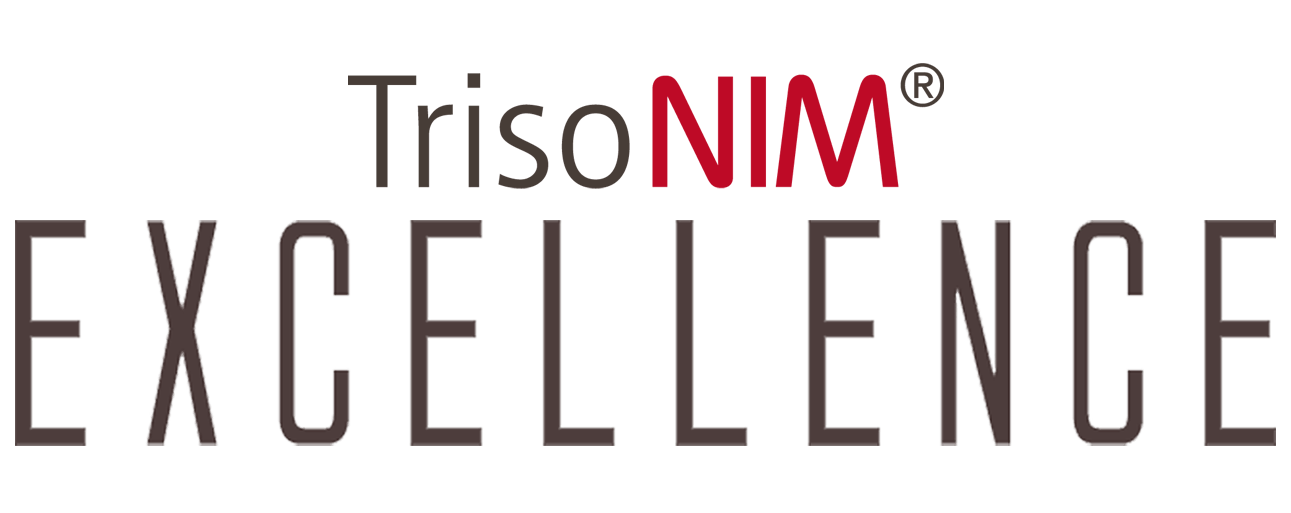
|
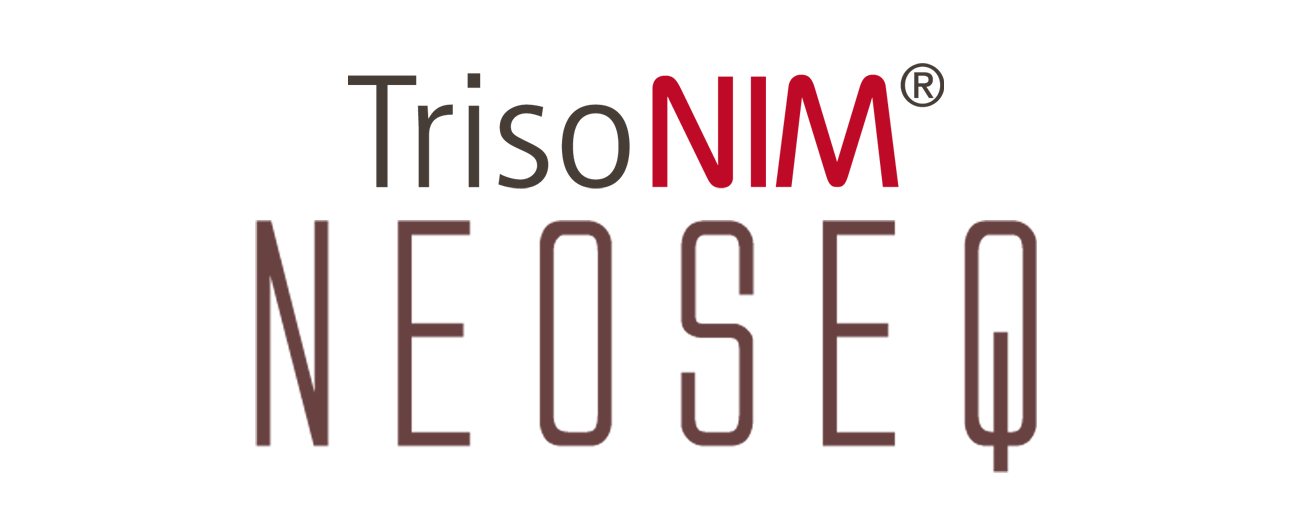
|
|
|---|---|---|---|---|
| Provides information about the gender of the fetus. | ✓ | ✓ | ✓ | |
| Analyses all chromosomes. | ✓ | ✓ | ✓ | |
| High sensitivity in the detection of trisomies 21, 18 and 13, which correspond to Down, Edwards and Patau syndromes. | ✓ | ✓ | ✓ | |
| How many microdeletion/microduplication syndromes does it study? (1) | 73 | 92 | 92 | |
| How many dominant monogenic diseases does it study? (2) | x | x | 202 | |
| Valid for egg donation | ✓ | ✓ | x | |
| Turnaround time in working days | 5 | 5 | 25 | |
| Price | 825 € | 949 € | 1550 € | |
|
(1)
Microdeletions consist of the loss of chromosomal material; and microduplications, in profits. In both cases, they occur in contiguous gene blocks and, due to their small size, cannot be detected by conventional chromosome analyses. These alterations constitute a broad group of serious pathologies that, despite their low individualized incidence, occur, as a whole, with a high frequency in the population.
(2) Monogenic hereditary diseases are caused by a variation in the DNA sequence of a single gene. In the case of autosomal dominant diseases, only one of the two copies of the gene must be altered for the person to develop the disease. The probability of passing the altered copy to the offspring is 50%, since the parent will have a healthy copy and a diseased copy. |
||||
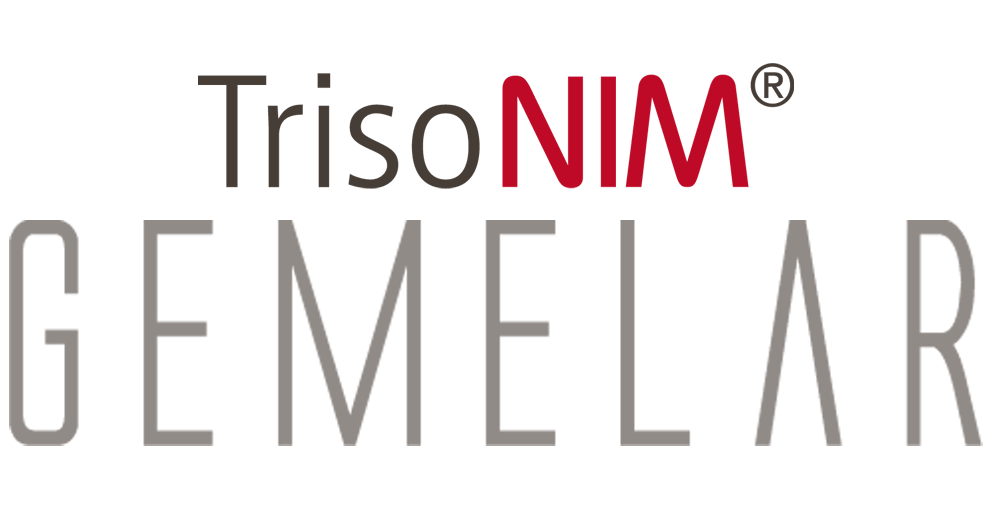
Also available TrisoNIM® for twin pregnancies
Contact us for more information. |
|
|||

Analyzes all chromosomes.
Detects fetal trisomies of chromosomes 21, 18 and 13.
Reports 7 microdeletion syndromes.
Reports the fetal sex and the most common sex chromosome aneuploidies.
Results in 5 working days*.
825€
(Recommended retail price)

Analyzes all chromosomes.
Detects fetal trisomies of chromosomes 21, 18 and 13.
Reports 38 microdeletion syndromes.
Analyzed with a resolution of 5 Mb
Reports fetal sex and most common sex chromosome aneuploidies
Results in 5 working days*.
949€
(Recommended retail price)

Analyzes all chromosomes.
Detects fetal trisomies of chromosomes 21, 18 and 13.
Provides information on the most frequent sex chromosome aneuploidies and fetal sex.
Studies 38 microdeletion syndromes with a resolution of 5 Mb
Analyzes 6246 pathogenic and probably pathogenic variants located in 155 genes, associated with 202 monogenic dominant diseases.
Results in 25 working days*.
1550 €
(Recommended retail price)
1
2
3
4
By only needing to test the mother’s blood, it avoids the risk of miscarriage following amniocentesis.
Certification by Bureau Veritas, in accordance with the requirements of ISO 9001 and ISO 14001, for the provision of genetic diagnostic analysis services in the pre-analytical, analytical and post-analytical stages for the specialities of genomics, non-invasive prenatal testing and molecular diagnostics.
Combines next-generation sequencing technology with the most advanced bioinformatics analysis. Uses a dual analysis algorithm to improve accuracy, both in risk calculation and in fetal fraction, which is crucial to the reliability of the test. This value is calculated rigorously and in detail, in accordance with international recommendations.
NIMGenetics has carried out over 50,000 prenatal tests and more than 60,000 maternal blood fetal DNA tests.
TrisoNIM® is a flexible service that adapts to your needs. It includes different types of analysis that mainly differ in the number of syndromes being tested. If you would like the most complete test, TrisoNIM® NeoSeq is the one for you.
A high-risk result following a fetal DNA test must be confirmed by an invasive test. In these cases, NIMGenetics offers you KaryoNIM® Prenatal, a diagnostic test that analyses 124 syndromes quickly and efficiently, free of charge.
NIMGenetics has the best technical and medical team specialising in prenatal genetic testing, with Medical Genetics experts and members of the Spanish Association of Prenatal Diagnosis (AEDP) and the Spanish Association of Human Genetics (AEGH). We are endorsed by the most powerful genomics company in the world (BGI).
*Working days only (does not include Saturdays, Sundays and public holidays in Madrid). The turnaround time is calculated from the reception of the sample in our Laboratory (normally, the next working day after extraction). We cannot account for unforeseeable delays in transport. This date is a non-personalised estimate for samples taken in Spain.